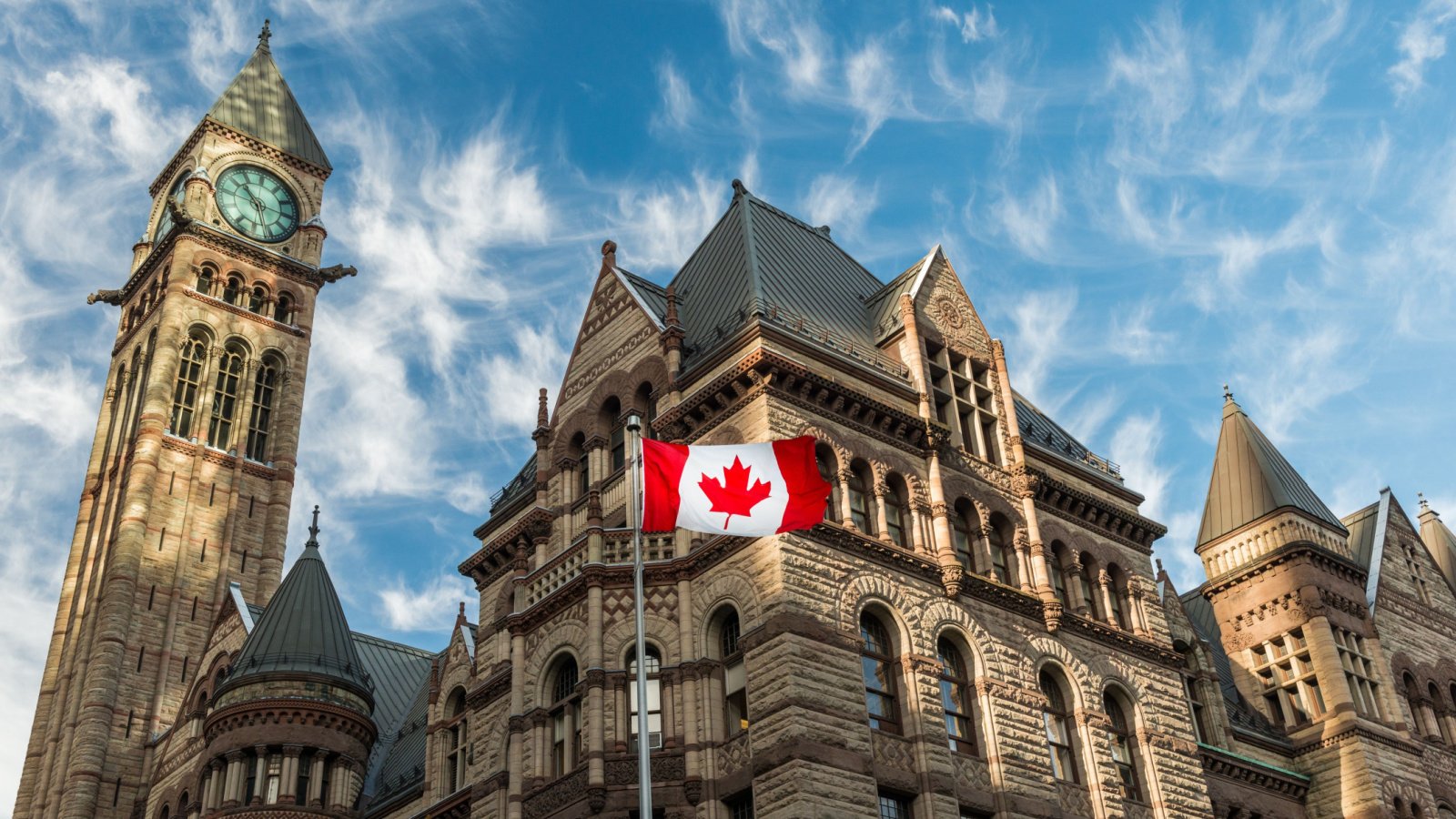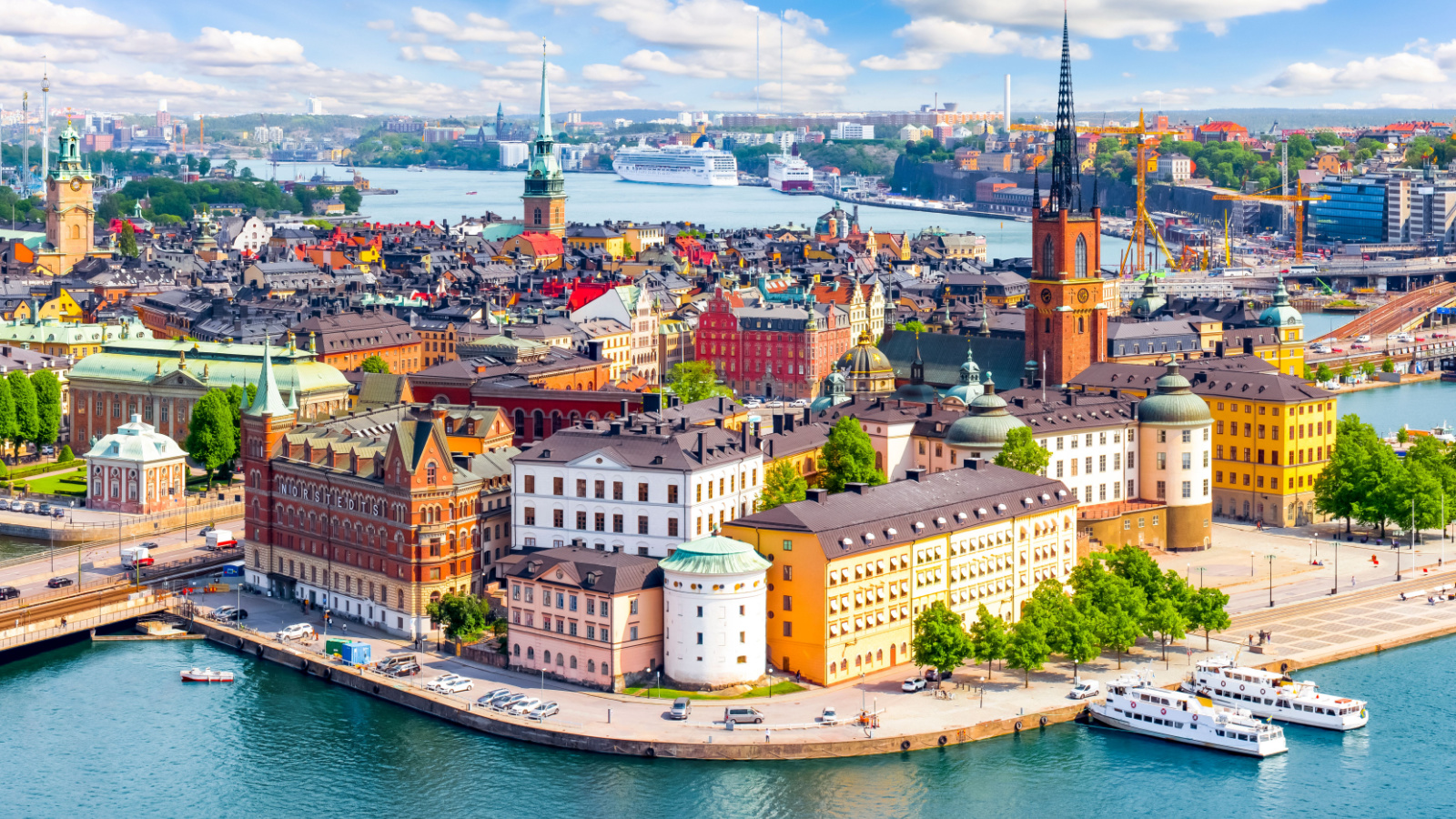Across the globe, urban centers are teetering on the brink of housing crises, exacerbated by soaring demand and stagnating supply. Cities like San Francisco and Sydney, once symbols of opportunity, now face the grim reality of potential housing market collapses due to unchecked price inflation and demographic shifts.
According to Specialized Management Solutions Memphis, these burgeoning crises highlight the urgent need for innovative housing policies and infrastructure investment. As we delve into the factors leading to these precarious situations, it becomes clear that without intervention, many could face displacement and economic instability.
San Francisco

San Francisco has long been notorious for sky-high real estate prices, driven by the tech boom and limited housing supply. As a result, the median home price has soared, making homeownership unattainable for many middle-class families. Without significant intervention in housing policies, the city faces a deepening affordability crisis that could displace a large segment of its population.
Sydney

Sydney’s housing market has experienced explosive growth, with property values doubling in some areas over the past decade. The city’s desirability and influx of international investors have fueled this surge, creating a speculative bubble. Analysts warn that without a stabilization in prices and increased housing stock, Sydney is on the brink of a severe housing correction.
Vancouver

Vancouver has become one of the most expensive housing markets in North America, spurred by foreign investment and speculative buying. Local incomes have not kept pace with the rising property costs, leading to a growing affordability gap. If current trends continue, Vancouver could face a housing crisis that pushes out long-term residents and destabilizes the local economy.
London

London’s property market has been one of the hottest in the world, with prime locations commanding astronomical prices. However, the combination of Brexit uncertainty and the COVID-19 pandemic has begun to cool the market, leading to fears of a potential crash. If the economy does not recover swiftly, London could see a drastic downturn in its housing market.
New York City

New York City’s real estate market has always been volatile, but recent years have seen rental prices reach new heights, compounded by a shortage of affordable housing. The economic impact of the pandemic has exacerbated the situation, leaving many unable to afford their rent. A failure to address these issues could plunge the city into a housing crisis worse than its 1970s nadir.
Toronto

Toronto’s housing market has been buoyed by high demand and low interest rates, leading to soaring prices that outpace income growth. This has made homeownership increasingly difficult for first-time buyers and threatens to price out a generation. The city is at a tipping point where without policy changes, a housing crisis is inevitable.
Miami

Miami faces a unique challenge with its luxury real estate boom contrasted by rising sea levels threatening its coastal properties. As climate change accelerates, the risk to property values and insurance costs could lead to a market collapse. This environmental dynamic makes Miami particularly vulnerable to a future housing crisis.
Los Angeles

Los Angeles has some of the highest homelessness rates in the nation, a stark testament to its housing affordability crisis. Even as luxury developments continue to rise, the middle and lower classes struggle to find affordable options. Without a balanced approach to housing development, L.A. could face worsening conditions.
Seattle

Seattle’s rapid growth, driven by its tech industry, has led to a housing market where demand far outstrips supply. Prices have skyrocketed, leaving many essential workers unable to live near their jobs. The city could head towards a major housing crisis if solutions to increase affordable housing stock are not implemented.
Dublin

Dublin has seen its housing prices rebound sharply since the last financial crisis, driven by economic growth and housing shortages. However, this has resulted in extreme rent increases that are unsustainable for many residents. Dublin is at risk of a housing bubble that could burst if growth does not moderate.
Hong Kong

Known for its sky-high towers and equally high property prices, Hong Kong remains one of the least affordable cities globally. The high cost of living and ongoing political tensions have led to a precarious housing market. Any economic instability could trigger a severe crisis in Hong Kong’s housing sector.
Stockholm

Stockholm’s housing market is strained by a regulatory environment that stifles construction and renovation, leading to a significant supply-demand imbalance. Rental prices are controlled, but buying a home is increasingly out of reach for the average Swede. Stockholm faces a looming crisis if it cannot address its housing supply issues.
Melbourne

Melbourne’s property market has surged thanks to strong population growth and limited housing supply. The city’s affordability index has worsened, raising concerns about a housing bubble. If the market does not stabilize, Melbourne could face significant housing challenges.
Beijing

Beijing’s housing market is under pressure from governmental policies aimed at cooling down the overheated real estate sector. Despite these efforts, prices remain high, and many are forced into long commutes as they cannot afford city-center prices. A crisis could erupt if economic conditions worsen or if speculative activities continue unchecked.
Boston

Boston’s real estate market has been booming, with a strong economy and educational institutions driving demand. However, the limited space for expansion and rising costs have made it difficult for many to find affordable housing. Boston needs to innovate its housing policies to avoid a future crisis.
Auckland

Auckland’s housing prices have skyrocketed, driven by limited supply and high immigration rates. The city now grapples with how to provide affordable housing while maintaining property values. Without a clear plan, Auckland is on a path to a significant housing crisis.
Copenhagen

Copenhagen faces rising housing prices due to its popularity and limited space for development. While the city is known for its quality of life, the high cost of living is pushing younger generations and less affluent residents out. Copenhagen must find a balance to avoid deepening its housing issues.
Chicago

Chicago has experienced a slow but steady increase in housing prices, coupled with significant gentrification in several neighborhoods. This has led to displacement and a shortage of affordable housing options. The city could face a housing crisis if these trends are not addressed with comprehensive urban planning.
Paris

Paris’ historic charm and strict urban planning laws have led to high housing prices and a significant shortage of affordable rentals. The city’s dense population and tourism appeal exacerbate the issue, making it difficult for locals to find suitable housing. Paris stands on the brink of a housing crisis if current trends continue.
Oslo

Oslo has seen a rapid increase in housing prices due to strong economic growth and a robust job market attracting more residents. The city struggles with the challenge of developing enough new housing to meet demand. Without intervention, Oslo could face a housing affordability crisis.
Manchester

Manchester’s revitalization has led to a booming housing market, but with rapid growth comes the risk of affordability issues. As more people move to the city for job opportunities, the pressure on housing intensifies. Manchester needs proactive measures to prevent a full-blown housing crisis.
Zurich

Zurich, with its high living standards and competitive job market, faces the challenge of providing affordable housing amidst rising demand. The city’s strict zoning laws and high construction costs limit new developments. Zurich could face a housing crisis if it does not address these constraints.
Madrid

Madrid has been experiencing a revival in its real estate market, driven by economic recovery and increased foreign investment. However, this resurgence has led to a sharp increase in rents and property prices, straining affordability for residents. Madrid must balance growth with housing affordability to avoid future crises.








